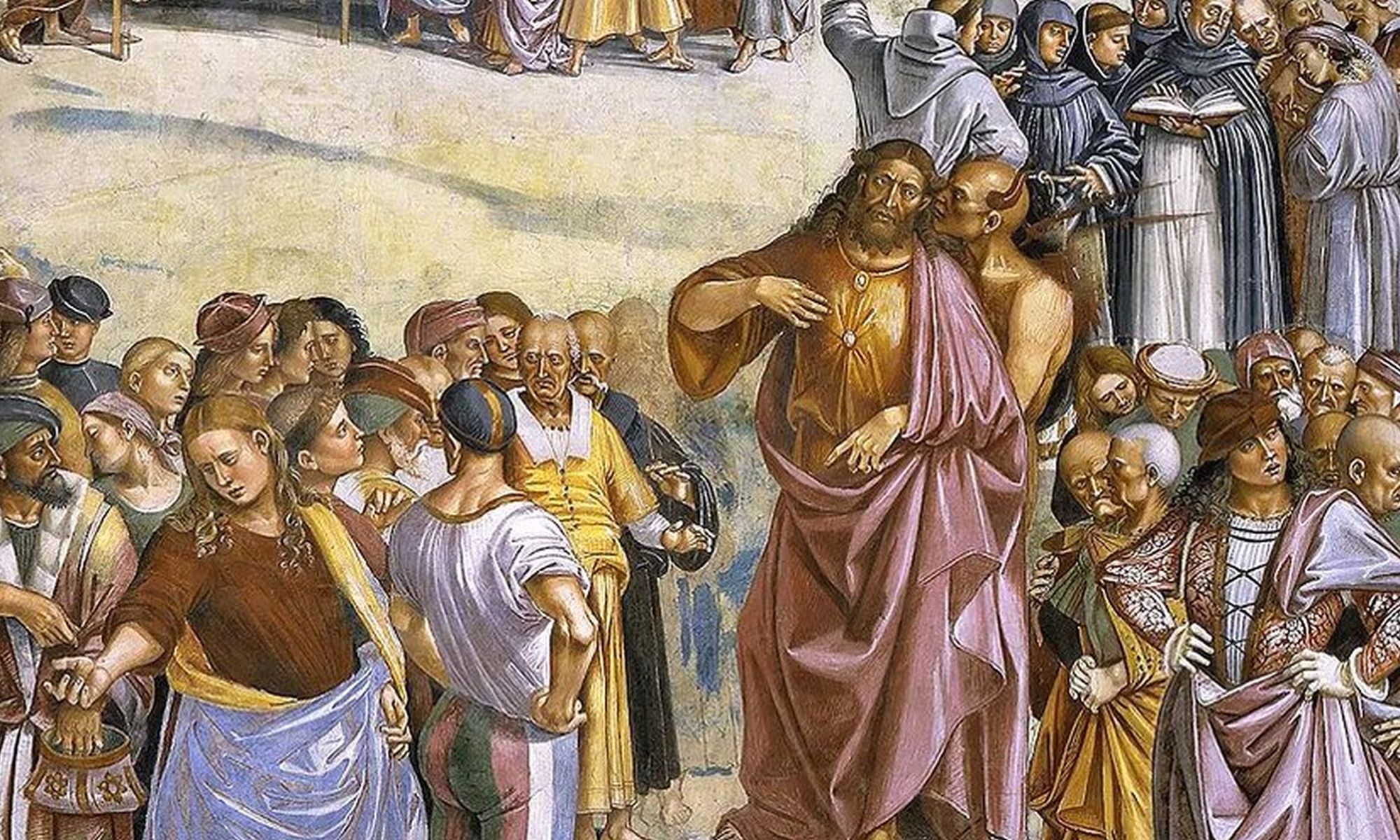Fire Lake is a song by Bob Seger, released in 1980 on his album Against the Wind. The song tells the story of a man who returns to his hometown and reminisces about his past, particularly a romantic encounter at a place called Fire Lake. The song’s lyrics convey a sense of nostalgia and longing for the past. It was a hit for Seger and continues to be a fan favorite.
Gehenna is a term used in some religious texts, particularly in Judaism and Christianity, to refer to a place of punishment or destruction for the wicked after death. It is often associated with fire and torment, and is sometimes used metaphorically to describe a place of suffering or judgment. In some interpretations, Gehenna is seen as a place of purification where souls are cleansed before entering the afterlife.
Mount Etna, located on the east coast of Sicily in Italy, is one of the most famous and active volcanoes in the world. It has erupted numerous times throughout history, with the last major eruption occurring in February 2021. There is no direct connection between Mount Etna and the Pope, as the Pope is the leader of the Catholic Church and resides in Vatican City, a separate entity from Italy. However, the Pope may visit Mount Etna or offer prayers for those affected by its eruptions.
Revelation 20 describes the thousand-year reign of Christ on earth, known as the Millennium. During this time, Satan is bound and unable to deceive the nations. The faithful believers who have been martyred for their faith are resurrected and reign with Christ. At the end of the thousand years, Satan is released and leads a final rebellion against God, but is ultimately defeated. The final judgment takes place, and those whose names are not found in the Book of Life are cast into the lake of fire. Finally, a new heaven and a new earth are created, and God dwells with his people for eternity.
This statement can be found in the Bible in John 14:28, where Jesus says, “You heard me say, ‘I am going away and I am coming back to you.’ If you loved me, you would be glad that I am going to the Father, for the Father is greater than I.” This verse is often interpreted as Jesus acknowledging the authority and supremacy of God the Father. It emphasizes the unique relationship between Jesus and the Father, with Jesus submitting to the Father’s will and authority. It does not diminish Jesus’ divinity or equality with the Father, but rather affirms the different roles and functions within the Trinity.
Joseph was not Jesus’ biological father, as Jesus was conceived by the Holy Spirit and born to the Virgin Mary. However, Joseph was the earthly father who raised and cared for Jesus during his childhood. Joseph was a carpenter by trade and is often referred to as a righteous and faithful man in the Bible. He played an important role in Jesus’ life and upbringing, providing love, guidance, and protection.

